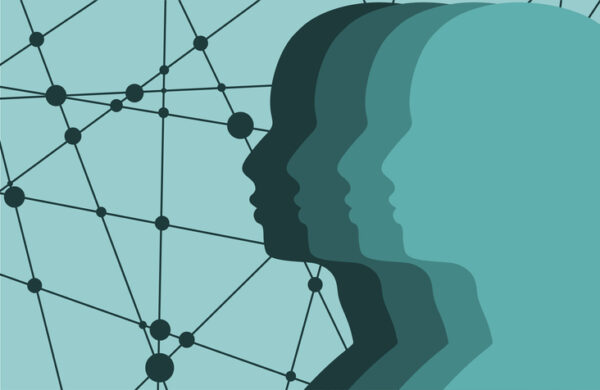
Before the pandemic, there was already a shortage of pediatric behavioral health providers. Parents surveyed last year said their child’s mental health had worsened, and at the same time, the number of children covered by Medicaid receiving mental health services decreased dramatically.
Brightline, a digital health startup focused on offering virtual behavioral health services for children and their families recently raised $72 million in funding.
GV led the funding round, with Optum Ventures, 7wireVentures, and Gaingels, an investment syndicate for LGBTQ+ people and allies, joining as new investors. The funding round also included $7 million in venture debt from Silicon Valley Bank. Brightline plans to use the new funds as part of a broader push for its services to be covered by insurers.
The Palo Alto-based company was co-founded two years ago by Naomi Allen, a digital health entrepreneur who has served as an executive at Livongo and Castlight Health. She started the company based on her own experiences finding care for her son when he had anxiety.
“When we got (my son) in to care, no one told me in the moment how to help him when he was having an anxiety attack,” Allen said. “For every step of a care journey that a child has, we’re engaging parents and caregivers with coaching.”
Brightline connects children, teens and their families to virtual visits with behavioral therapists, speech therapists and coaches. A key part of the model is not only connecting youth with clinical services, but also giving parents and caregivers advice for how to best support them.
The company currently charges a cash price for each visit, but Allen said the goal from the beginning was for Brightline’s services to be covered, and that it is currently in discussions with insurers and health plans.
Brightline currently operates in California and Massachusetts, and is expanding to Washington state next month. Allen plans for the startup to be in all 50 states by the end of the year.
Its clinicians currently offer care for kids from 1.5 years to 18 years old. The approach varies significantly depending on each child’s age and their needs.
Between ages one and two, delays in speech or challenges with social communication might become more visible, and parents or caregivers work side-by-side with their children. Around age six, kids can talk to a clinician one-on-one, but family is still very involved. At older ages, therapy visits are private, but caregivers still receive advice on how to support their child.
More recently, Brightline also added coaching for families that might not be ready to start therapy, but still have concerns they want to address.
For example, many families said their kids were anxious during the severe wildfires in Northern California last year. Families also sought help on ways to discuss pronouns or have supportive conversations with youth who were coming out.
During the height of the pandemic, many families needed support for anxiety or help establishing routines, Allen said. Now, as people start to ease back into their old routines, they’re facing new challenges.
“Now, we see a new crop of things coming up: gender dysphoria, body image questions, anxiety around returning to school, a sense of grief and loss around high schoolers that have lost a big chunk of their high school experience,” she said. “What we’re going to experience this fall is a fundamental shift in terms of what families are going to have to deal with again.”
Photo credit: Evgeny Gromov, Getty Images










